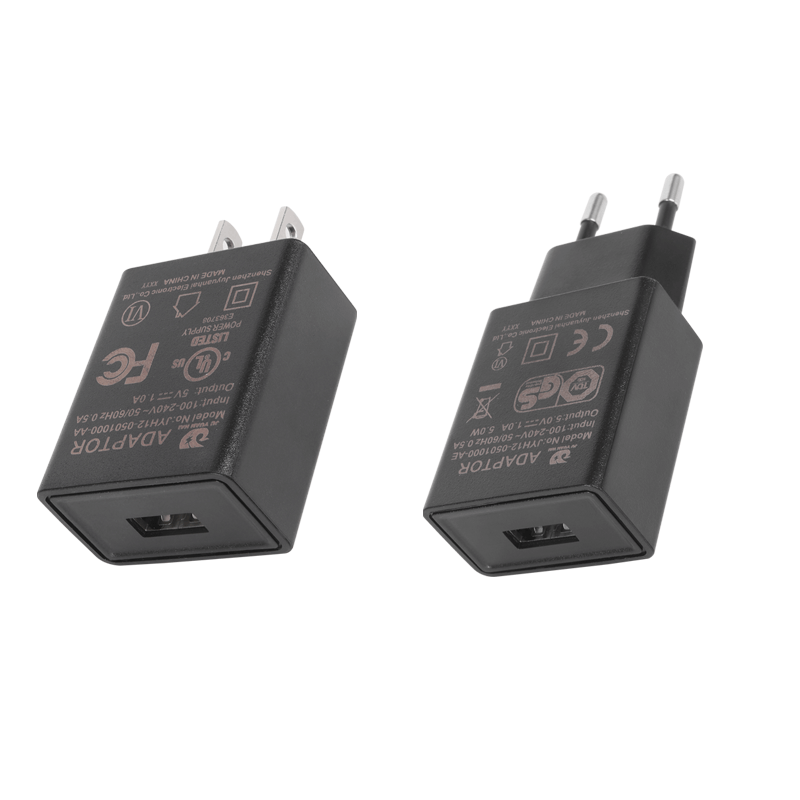
In the ever-evolving landscape of technology, understanding the nuances of power adapters is crucial to preserving the integrity of our electronic devices. One common question that often arises is, "Is it safe to use a power adapter with a higher voltage than the one recommended for my device?" Let's delve into this query and unravel the potential risks associated with mismatched voltages in the realm of power adapters.

The Basics of Power Adapters:
A power adapter is the unsung hero that bridges the gap between electrical outlets and our electronic devices, ensuring a seamless flow of power. However, this convenience comes with a caveat - the importance of adhering to the recommended voltage specifications for each device.
Understanding Voltage Ratings:
Voltage is the electrical force that powers electronic devices. Each device comes with a specific voltage requirement, and power adapters are designed to meet these specifications. Deviating from the recommended voltage can lead to a myriad of issues, potentially jeopardizing the health of your device.
The Dangers of Higher Voltage:
Using a power adapter with a higher voltage than the one stipulated by the device manufacturer can have serious consequences. The excess voltage may overload and damage sensitive components, such as transistors and integrated circuits, leading to irreversible harm.
Risks to Device Health:
1.Component Damage: The internal components of electronic devices are designed to operate within a specific voltage range. Exceeding this range, even momentarily, can cause permanent damage to these components.
2.Heat Generation: Higher voltage often results in increased heat production. Excessive heat can accelerate wear and tear on internal components, reducing the overall lifespan of the device.
3.Data Corruption: In addition to physical damage, elevated voltage levels can corrupt data stored in electronic devices, leading to potential data loss or system instability.
Potential Scenarios:
Consider a scenario where a user mistakenly connects a power adapter with a higher voltage to their laptop. The immediate impact may not be apparent, but over time, the cumulative stress on the device's internal components can result in unexpected malfunctions and failures.
Safety Precautions:
1.Read Manufacturer Guidelines: Always refer to the manufacturer's guidelines for your device's voltage specifications. This information is typically available in the user manual or on the device itself.
2.Use Original Adapters: Whenever possible, use the original power adapter supplied by the device manufacturer. These adapters are designed to meet the specific requirements of the device.
3.Consider Universal Adapters Carefully: If opting for a universal power adapter, ensure it is equipped with adjustable voltage settings and select the appropriate voltage for your device.
Conclusion:
In the realm of power adapters, precision is paramount. Using a power adapter with a higher voltage than recommended for your device is a risk not worth taking. To safeguard the longevity and performance of your electronic devices, adhere to recommended voltage specifications, and exercise caution when selecting or replacing power adapters. Remember, precision in power ensures the seamless and secure operation of our cherished devices.